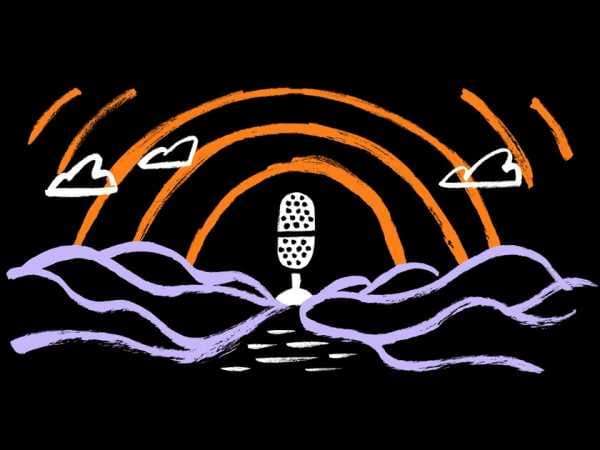
Well, pod enthusiasts, it’s been another terrific year for the form. At this stage in the podcast era, screens have entered the narrative: an ABC sitcom about podcasting has come and gone (“Alex, Inc.”), an Amazon series made from a podcast (“Homecoming”) is thriving, and a Bravo adaptation of a podcast (“Dirty John”) may improve upon its source. In offscreen podcast buzz, nothing quite approached last year’s “S-Town” or the first wave of Barbaro Fever, but “The Daily” and other returning favorites remained great (“Ear Hustle,” “Heavyweight,” many more), as did reliable standard-setters like “This American Life” and “Reply All,” and several outstanding new shows and series—the focus of my list—emerged this year to help edify and keep us sane. Several are produced by local public-radio stations (a longer list of favorites would include “Making Obama,” from WBEZ Chicago), a trend that I’d like to see continue.
2018 in Review
New Yorker writers reflect on the year’s best.
Here’s to 2019, which I hope brings well-funded, ethically rigorous investigative journalism from all over the country; a decline of sensationalistic murder podcasts; fewer cringey advertisements (I’m looking at you, “Dr. Death”) but the continued robust presence of the ZipRecruiters, Squarespaces, and Quips of the world; more humor and lightness within our substantive content (see: “Today, Explained” and “Everything Is Alive”); a further expansion of the range of voices in the podsphere; and, while I’m wishing for things, a tremendous twenty-part series on the Trump impeachment, indictment, or resignation—I’m not picky about which—made by people with very, very large brains. Until then, here are my favorites of 2018.
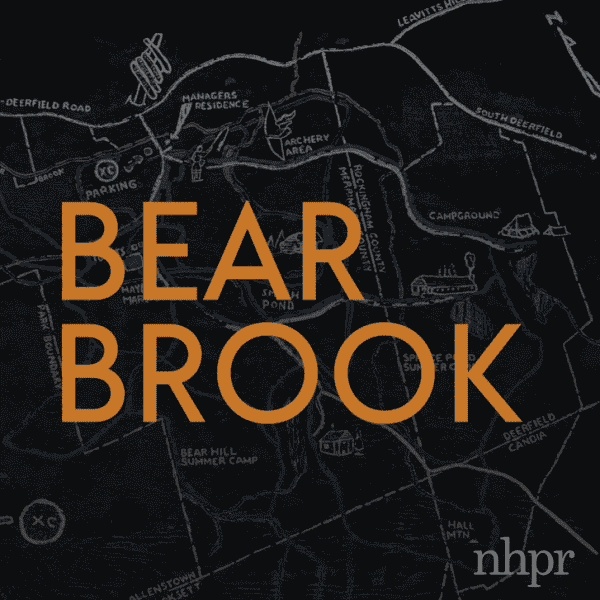
10. “Bear Brook”
The true-crime genre is crowded with podcasts, but “Bear Brook,” from New Hampshire Public Radio, stands out for its ambition, complexity, and thoughtful tone. The series centers on a cold case from 1985, involving four bodies found in barrels near Bear Brook State Park, in Allenstown, New Hampshire. Until recently, no one knew who the victims were or who had killed them, and the case mystified locals and investigators for decades. Bear Brook is not far from NHPR’s studios, and the young NHPR beat reporter Jason Moon worked on the series for three years—“something to look into when I wasn’t sitting at a town-hall meeting or covering the state legislature,” he says in Episode 1. With remarkable sensitivity and a knack for scene-setting, Moon guides us through a thicket of grisly story lines spanning several decades, characters, aliases, and states, in a narrative that culminates in an investigator’s discovery of a revolutionary, controversial DNA technique, which both solved the case of the Golden State Killer and brings Bear Brook ever closer to a resolution.
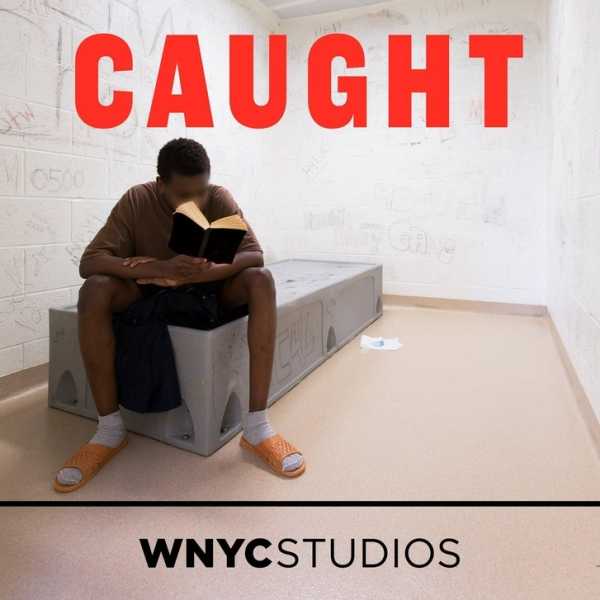
9. “Caught”
“Caught: The Lives of Juvenile Justice,” from WNYC Studios and hosted by Kai Wright, introduces us to kids, both inside and outside the incarceration system, who are trying to find their way out of trouble. It’s impressively wide-ranging, giving context about neuroscience, sentencing, and progressive approaches to helping young people, and it’s impressively fine-grained, too, telling intimate, nuanced stories with empathy and honesty. “What happens once we decide a child is a criminal?” Wright asks. “What does society owe those children, beyond punishment?” What makes “Caught” truly stand out is the voices of its subjects: the kids sound like kids, which, considering their circumstances, is startling in itself. They are finding their way—discovering who they are, who to trust, how to act. “There’s some people that belong in jail and there’s some people that’s misguided and don’t know what to do,” one boy says. He says he’s a mix: “I want to be a good guy, but sometimes I’m a bad guy.” “Caught” makes us consider some of the most basic questions about growing up, being human, and being humane.
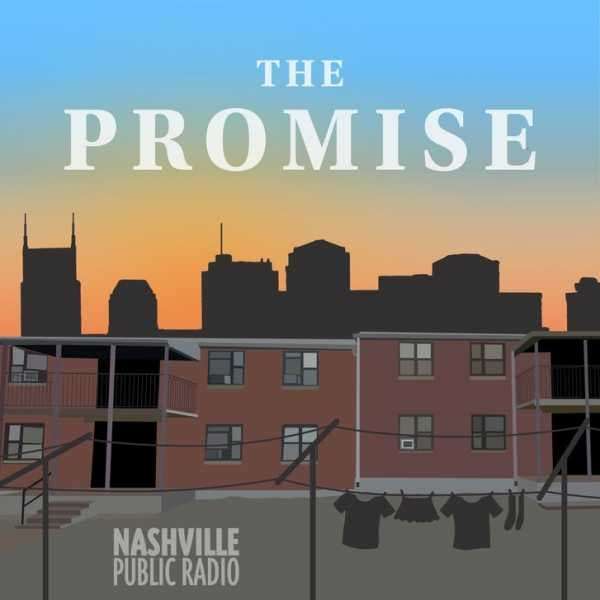
8. “The Promise”
“The Promise: Life, Death and Change in the Projects,” from Nashville Public Radio, hosted and produced by the WPLN staff reporter Meribah Knight, studies the transformation of Nashville’s James A. Cayce Homes, a sixty-three-acre tract of run-down public housing in one of the city’s hottest neighborhoods. As the series begins, Cayce (pronounced “Casey”) is about to be razed, redeveloped, renamed, and radically reimagined, for the supposed benefit of all, as a new, modern complex, where subsidized residents and young professionals will live in harmony. Quite a coup, if it can come to pass. But history hasn’t given Cayce residents much reason to have faith. Knight reported “The Promise” for a year, going to Cayce every day, and the series reflects the intimacy and trust she established with its residents. We get to know them, as well as the fascinating history of public housing in the U.S. and in Nashville specifically, and we consider how it might be improved upon. The series ends as one of the new buildings is opening; we hear one resident crying with joy about her new apartment, saying that she feels like Cinderella. But there are new rules for subsidized tenants—about cleanliness, pets, food storage, unit inspections—and an ominous feeling looms about what such measures portend. I hope that we hear more.
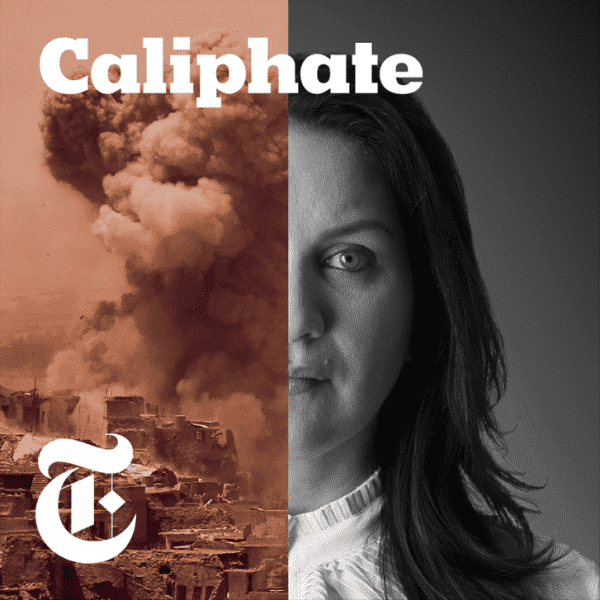
7. “Caliphate”
In “Caliphate,” the Times reporter Rukmini Callimachi takes us as close to ISIS as we can safely get, bringing stunning intimacy to everything from the fall of Mosul to the training and disillusionment of a young recruit. Bringing a podcast’s immediacy to the world of terrorism can result in tape that’s at times almost unbearable to hear, but Callimachi’s warmly intelligent presence helps orient and center us throughout. To my ear, the series’ narration and editing can be a bit self-dramatizing, but the content is consistently astonishing, revealing the human and political dimensions of ISIS in ways we haven’t heard before.

6. “Serial”
In its third season, “Serial” uses its mega-platform nobly: to investigate not a crime but the criminal-justice system itself, in the form of a year’s worth of reporting at the Justice Center in Cleveland, Ohio—“One courthouse, told week by week,” as Sarah Koenig says. Koenig and her fellow-producer Emmanuel Dzotsi recorded liberally at the center, reporting stories involving bar fights, judicial hubris, the terrifying consequences of putting a cop in jail, a gang called the Heartless Felons, and much more, giving us a palpable sense of the inadequacies of our system and the struggles of the people within it. The season isn’t perfect (in the absence of a single suspenseful story pulling us along, I longed for more rigorous connective narration) and Koenig’s style, at this point, can sometimes sound almost too podcasty, as when she sighs and begins, “I mean, I don’t know … ‘fair’ is such a weird thing,” in response to the question “Do you think ten years is fair, though, for killing a kid?” But it’s good to be back in the confident hands of the “Serial” team, hearing their lovably evocative theme song and diving into the kinds of tough, important questions that their blockbuster first season provoked. When you finish the season, freshly enraged about the juvenile-justice system, listen to “Caught,” No. 9 on this list.

5. “Trump, Inc.”
“Trump, Inc.,” from WNYC and ProPublica, goes a long way toward helping us understand this dizzying Presidency by asking basic, specific questions about Trump’s business dealings and resulting political conflicts; investigating them; and encouraging listeners and fellow-journalists to pitch in. It features several personable, savvy reporters: Andrea Bernstein and Ilya Marritz, of WNYC, and Jesse Eisinger and Heather Vogell, of ProPublica. The first season, which came out in the spring, began with the surreal first press conference of the transition, on January 11, 2017—the one with the table covered with big, fat manila folders, meant to demonstrate Trump’s “no-conflict situation”—and took us through his world of casinos, money-laundering-rules violations, taxi dispatchers, disbarred attorneys, diamond magnates, Mob associates, mystifying Inauguration spending, and beyond. The second season started this fall, and it provides invaluable perspective on such current matters as Trump’s involvement with Saudi Arabia, Rudy Giuliani, and confidentiality agreements. The series has the effect of transforming headache-inducing news into vivid, riveting narratives, and I’m grateful for that; this week is a good time to revisit Season 1’s Michael Cohen episode, which you won’t soon forget.
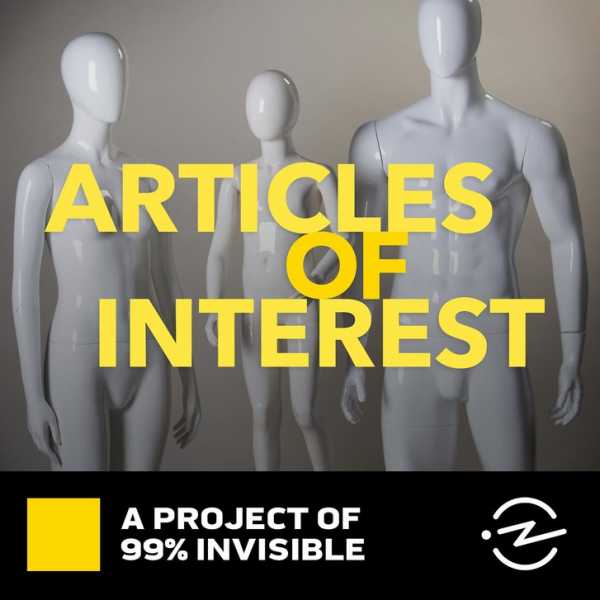
4. “Articles of Interest”
In recent years, women have been having more of a public conversation, amused and otherwise, about the inadequacy of pockets in womenswear. But it wasn’t until I listened to the third episode of Avery Trufelman’s fantastic clothing-focussed short series, “Articles of Interest,” from the venerable design podcast “99% Invisible,” that the meaning of the pocket problem hit me like a full-on feminist realization: pockets make us functional and self-contained in a way that handbags don’t. “Man’s great evolutionary advantage is the creation of tools,” Trufelman says. But we need to carry them. Trufelman talks to a lively and insightful RISD professor, Hannah Carlson, about the history and meaning of pockets, and visits a police-supply store in Oakland, where the manager tells her that female officers, for pockets’ sake, prefer to buy men’s police uniforms. “That’s fascinating!” Trufelman exclaims, with righteous gusto. Trufelman is wonderful to listen to: she has a great voice, her writing and delivery are unaffectedly intelligent and fun, and her passion for the ideas she delves into—about blue jeans, plaid, punk, Hawaiian shirts, and more—comes through at every turn, and ignites our own.
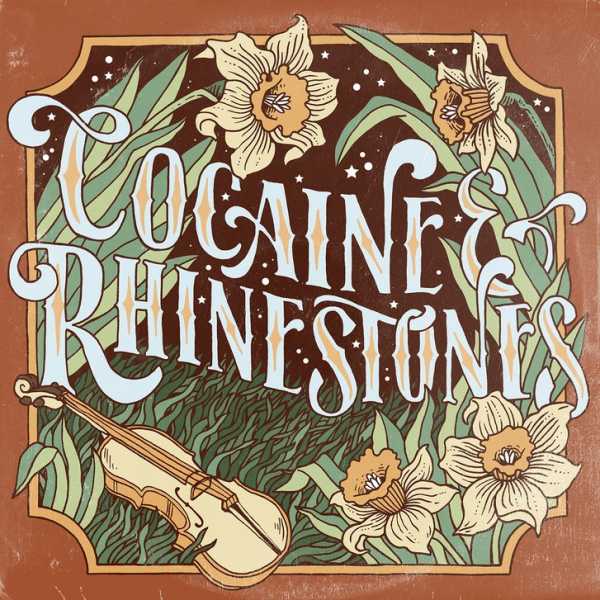
3. “Cocaine & Rhinestones”
For sheer originality—and listening pleasure—one of my favorite podcasts this year was “Cocaine & Rhinestones,” Tyler Mahan Coe’s zealous, funny, meticulously researched series about twentieth-century country music. Coe, who lives in Nashville, is the son of the outlaw-country artist David Allan Coe, and he grew up travelling with his dad’s band, first as a kid and later as a guitar player; this perspective comes through in his authority, fervor, and delivery. He speaks in a strange, performative style influenced by the old-fashioned late-night radio that the band and its driver listened to on the road, and his writing—like a good country song—is provocatively zesty. “Those bastards” deregulated radio in the Telecommunications Act of 1996; Buck Owens’s vocals are “stabbed-in-the-back-sincere”; a racist song about the horrors of school desegregation “ends with a chorus of, I assume, ghost children, singing ‘My Country ’Tis of Thee.’ .” He’s also impressively feminist, doing knockout episodes on Loretta Lynn’s “The Pill” and a mind-blowing three-parter on Jeannie C. Riley’s “Harper Valley P.T.A.,” and his musical insight is as keen as his historical awareness. His discussion of the violins and cellos in Bobbie Gentry’s “Ode to Billie Joe” gave me more understanding of the song’s eerie power than anything I’ve read or pondered over the years about the lyrics and what they might mean.
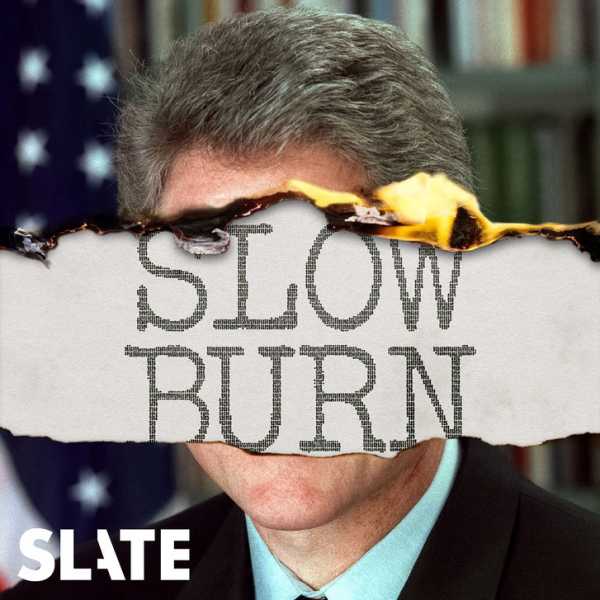
2. “Slow Burn”
It’s been a big year for Leon Neyfakh and his popular Slate political-history podcast, culminating in a bit of a stunner in the podcast world, when, in late November, he announced that he was leaving Slate and taking some of his team with him, to start a similar show, called “Fiasco.” (In our political landscape, they can do just about anything with a title like that.) After a topnotch first season about what it was like to live through Watergate—which revealed to many of us just how little we understood about it—“Slow Burn” turned its focus on the Clinton impeachment, with similarly eye-opening results. Neyfakh is a gifted, authoritative storyteller, with a gently wry tone; the details in his writing are lightly comic and razor-sharp, perfectly capturing the absurd ways in which political scandal so often combines the humble and the world-historical. (Monica Lewinsky bringing F.B.I. agents who were detaining her to a Crate & Barrel at the mall, for example, while they all waited for her mom.) Neyfakh provides surprising new perspectives throughout, as when he visits Linda Tripp and has a conversation that ends up humanizing her considerably. Like the Watergate season, the Clinton series reveals how its scandal connects to the partisan wrangling and bad faith of today, and makes for enjoyable, illuminating listening. But by the end it’s devastating. The Clintons’ enemies, many still relevant, come off terribly, but time and perspective make Clinton look reprehensible, too. Neyfakh says at the show’s outset that he wants to explore “the ideas that swirled around the Clinton saga—ideas about sex and power and privacy and character,” and to ask whether we are more enlightened now. If we are, we can’t look away from Bill Clinton’s abuse of power—and worse. And I admire Neyfakh for making us reckon with it.
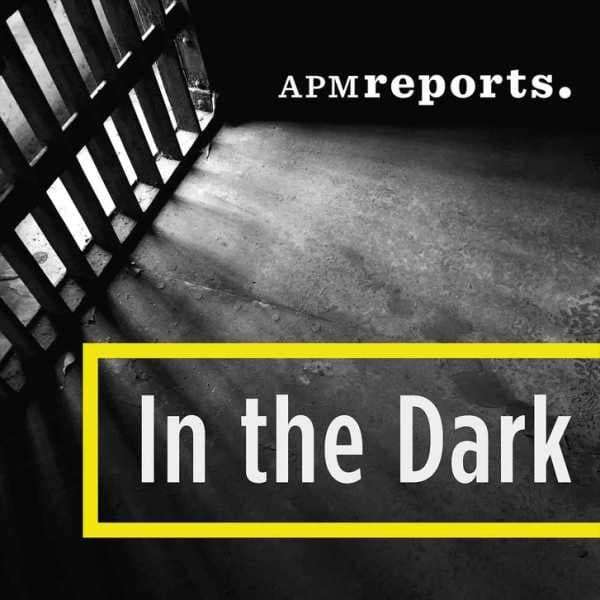
1. “In the Dark”
As in its stellar first season, about the tragically mishandled case of eleven-year-old Jacob Wetterling, who went missing from his Minnesota home town in 1989, “In the Dark,” in its second season, sets a standard that every investigative podcast should aspire to. It focusses on justice, not crime, and on reporting so thorough that definite conclusions can be drawn—and powerfully articulated. For Season 2, the series’ host and lead reporter, Madeleine Baran, and her team at APM Reports moved to Winona, Mississippi, for a year to report the story of Curtis Flowers, an incarcerated man who has been tried six times for the 1996 murder of four employees at a furniture store where he once worked. Flowers is black, and the district attorney, Doug Evans, who is white, has, for two decades, zealously sought to have him convicted and executed. In a style that makes the search for facts feel like a thriller, but without sensationalizing or overstating, Baran methodically demonstrates how racism and abuses of power have affected every phase of the Flowers case, from evidence-gathering to jury selection and sentencing. It’s full of enraging details and surprising revelations. The U.S. Supreme Court seems to agree: in November, the Court announced that it would hear Flowers’s case, which will include evidence uncovered by Baran and her team.
MORE FROM
2018 in Review

The Best Movies of 2018

The Best Jokes of 2018

The Best Books of 2018

The Best Poetry of 2018

The Best Video Games of 2018
Sourse: newyorker.com






